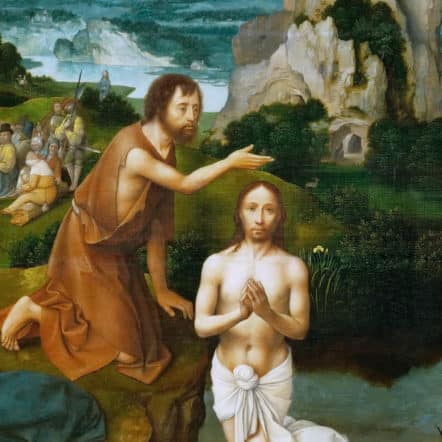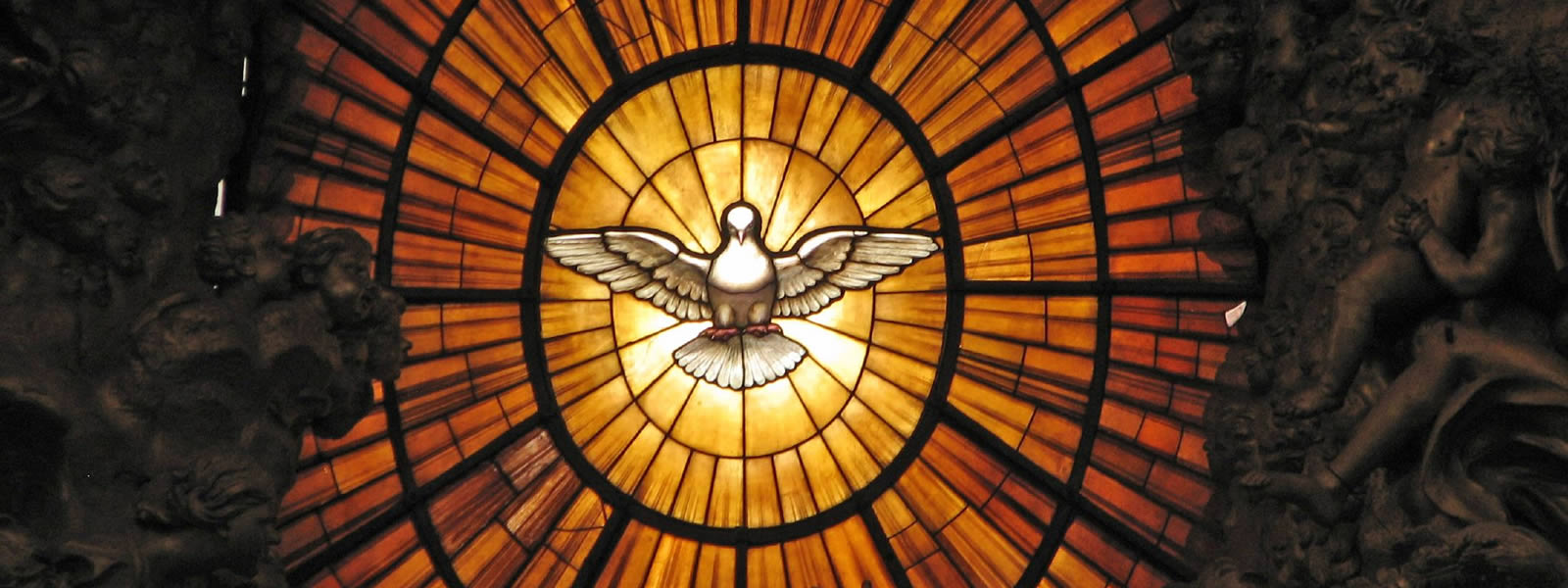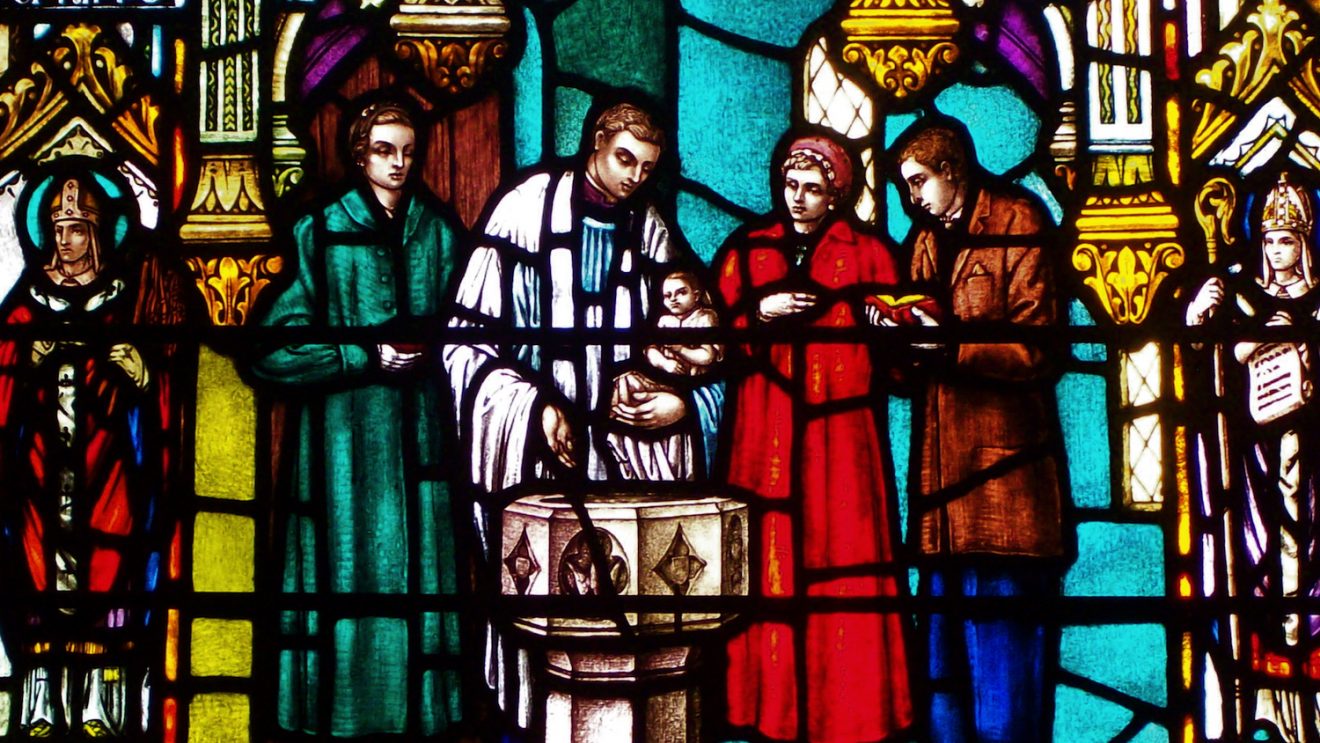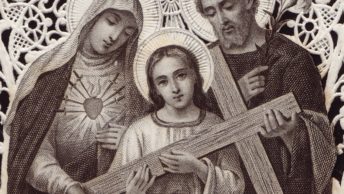One of history’s cruelest and most unusual cases of imprisonment happened back in the 14th century in a duchy, or small kingdom, located in present-day Belgium, and the victim was Raynald III, the duke who ruled over the duchy. Everyone referred to him by his nickname Crassus, the Latin word for “fat,” for he was grossly overweight. Raynald was also an unlucky ruler, for his jealous younger brother Edward led a successful revolt and captured him. Instead of killing his obese brother, however, or starving him to death, or throwing him into the dungeon, Edward did something uniquely vicious: he had a prison cell built around Raynald, and then promised his brother he could have his title and property back as soon as he was able to walk out of the room. Most prisoners would have been able to leave immediately, as the room had several windows and doors that were nearly normal in size, and none of them were locked or closed. Raynald, however, was far too big to squeeze through; in order to regain his freedom, he’d have to lose a lot of weight. Edward, knowing of his brother’s insatiable appetite, ordered that he be supplied with several large and delicious meals every day, and so, instead of losing weight, Raynald grew ever fatter. Only after Edward was killed in battle ten years later did Raynald regain his freedom; the people knocked down a wall of his room and allowed him to come out. However, Raynald had so ruined his health through over-eating that he died less than a year later (The Three Edwards, as quoted in “Seeds for the Sowing” by John Vella, Jan. 12, 2003).
This is an extreme example of someone being imprisoned, not behind bars, but by his own addiction or sinfulness. Gluttony is one of the Seven Deadly Sins, the others being Anger, Envy, Pride, Lust, Sloth or Laziness, and Greed; letting ourselves be conquered by one or more of these sins will rob us of our spiritual freedom and endanger our chance for eternal happiness. One of the reasons the Church desires each of us to grow in holiness is so that we may become spiritually free—for the only truly free person is a saint. Jesus and Mary are the only persons who were completely free of all sin, and thereby completely free in the sense of truly being themselves and being fully human. All the saints of history, though sinners, have worked toward and achieved this same goal. Because we’ve been baptized, you and I are called to enter deeply into this same process, a process that is in fact a journey toward freedom. Living out the grace of our baptism means we have accepted the gift of spiritual freedom for ourselves, and the responsibility of sharing this freedom with others.
Technically speaking, Jesus did not “need” to be baptized by His cousin John, for He had no sins of which to repent. He humbly chose to be baptized, however, as a sign of submission to His Father’s will, and as a public announcement that He was beginning His ministry of redemption—for after His baptism and His fast of forty days in the desert, Jesus began proclaiming the presence of the Kingdom of God and calling people to repentance and new life, thereby echoing the words of the prophet Isaiah: “Seek the Lord while He may be found, call Him while He is near. . . . Let [the sinner] turn to the Lord for mercy, to our God, Who is generous in forgiving.” As St. John tells us, if we believe in Jesus and keep the commandments He has given us, we will conquer the world.
To conquer the world means rising above its lures and temptations, overcoming its seductive and dangerous and attractive false values, and living as pilgrims journeying toward Heaven. Pilgrims, of course, make no progress on their journey if they find themselves cast into prison while on the way—and so it’s necessary for us take stock of our lives from time to time to see if we’re on the right path, to see if there’s anything blocking our progress or slowing us down, and to see if we’re giving the right example to others. For instance, because we’ve been baptized, we’re not supposed to fall into the trap of thinking that the most important thing in life is the experience of pleasure or the accumulation of material wealth. As the story of Duke Raynald shows, it is possible for us to ruin ourselves in a prison of our own making by over-eating, and the same thing can happen by misusing or focusing too much on the other pleasures earth offers: alcohol, money, sex, the Internet, technology, power, status, and so forth. Our example as Christians is supposed to show that true happiness can only come from letting Jesus reign in our hearts.
Also, because we’ve been baptized, we’re not supposed to remain imprisoned by anger or by our refusal to forgive those who hurt us. The world tells us to take revenge and to get even with others, but as someone once noted, if everyone practices taking an eye for an eye, we’ll all end up blind. Our example as Christians is supposed to show that, with God’s help, we can choose to love our enemies and to let go of bitterness and past hurts, thereby doing our part to make Christ’s peace more present in the world. Furthermore, because we’ve been baptized, we’re not supposed to give into fear or hopelessness when life becomes very difficult or our problems seem overwhelming. Many people mistakenly place all their hopes in this world, and when they inevitably end up betrayed, empty, or disappointed, they feel trapped or find they have nothing to show for their lives and nothing to live for. Our example as Christians is supposed to show that the Kingdom of Heaven is offered to all who will accept it, and that those who hope in God and live as His children can never be robbed of their inheritance.
Our Lord came to set us free from our sins, and His baptism marked the beginning of His public ministry, a ministry in which He proclaimed the good news of salvation. In the same way, our baptism, and the baptism several of our catechumens are preparing to receive at Easter, is an ongoing call to accept the gift and responsibility of freedom. It’s easy to give in to complacency or inertia, to take the path of least resistance, and to go through the motions of practicing our religion—but living in such a way will merely build a spiritual prison for ourselves and interfere with our pilgrimage of faith. Jesus calls us to something better, something that’s both challenging and life-giving. Through the grace of our baptism, we have the ability to respond; if we honestly make this effort, we will one day hear God the Father say to us, “You are My beloved son, My beloved daughter, in whom I am well pleased.”








